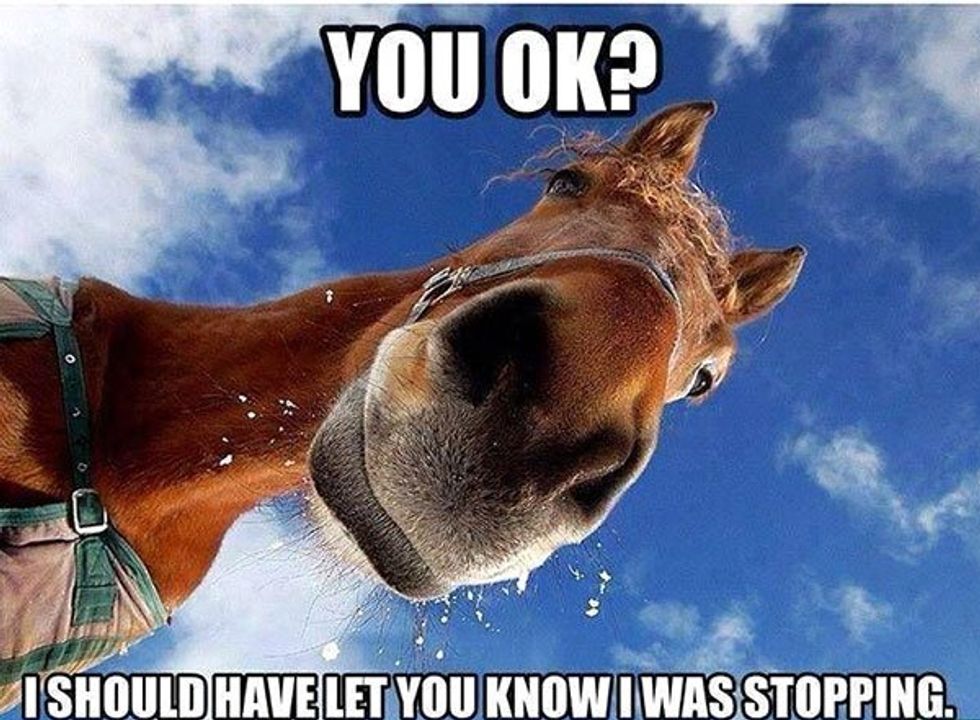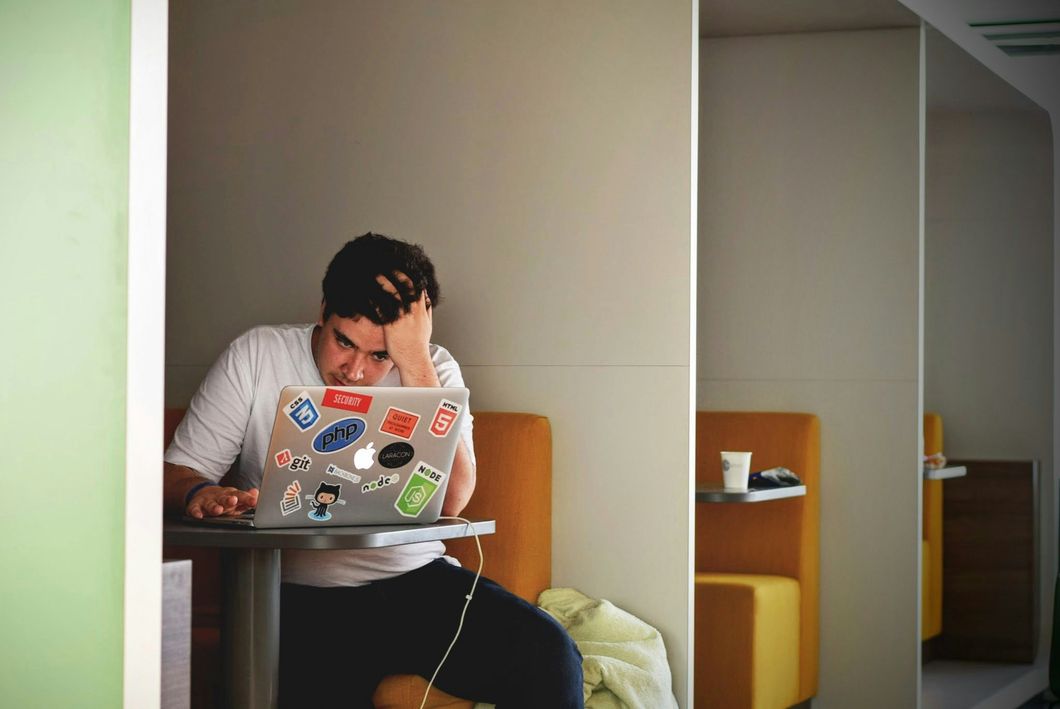After posting my article regarding my experience with depression, I looked more into the causes, effects and symptoms of depression and its intersectionalities with my race, gender, Socioeconomic status, nationality etc. I was surprised to see the statistics regarding depression and its relation to Indian women. A World Health Organization report states that in 2015 over 5 crore Indians suffered from depression.
In 2015, 20,000 Indian women who identified as housewives committed suicide. Further, suicide rates of South Asian women in the states are sky high when compared to the general US population. For depressive disorders, WHO said total Years Lived with Disability (YLD) in India was 1,00,504,11 which was 7.1% of total YLD, for anxiety disorders, total years for YLD was 35,19,527 which was 2.5% of total YLD.
I am stunned by these statistics. I am heartbroken by the silence surrounding mental health in India. While I recognize that this silence still exists in every other part of the world (so don’t even begin by inserting a narrative full of American exceptionalism) I can’t help but be heartbroken by the statistics regarding my homeland.
The statistics hit me hard because I fear I am a part of them. As I continue my struggle with depression, I am terrified by the thought that numerous young women in India will also go through this and have no one talk about it, they will take their depression and lock it into the darkest corner of the room, just like I did.
What scares me more is the close relationship between depression and suicide. The lifetime risk of suicide among patients with untreated depression ranges from 2.2% to 15%. Yet, in India, we perpetuate a culture that allows depression to remain a taboo. How can we not? Growing up, depression was never an aspect that was taken into context; My school never told me to look out for signs of oversleeping, not sleeping, eating too less, eating too much etc. No one allowed me to let myself believe that the way I felt wasn’t because I was weak but because I suffered from a legitimate disease that can be life-threatening.
Depression, contrary to popular belief, isn’t a one and done thing; I still struggle with mornings where getting out of bed exhausts me to the point that I can’t wait for the next time I can lie down and sleep away my anxieties and depression. I still struggle to open up about my depression to my parents who were also raised the same way I was - depression does not exist.
My last article regarding depression was my attempt to break this cycle of silence that surrounds depression. However, I recognize that it is a continual process and now I write again, an update on my mental health - two years in, I still struggle with Post Traumatic Stress Disorder. I still am not only sad but have developed anxieties surrounding my body. I rarely get good sleep and when I do, cold sweats aren't uncommon. I have started to recognize the deeply internalized self-hate that has become a companion to my depression, that makes me continuously seek validation regarding my depression while also continuously doubting the legitimacy of my depression.
I am irregular with my medication and often trick myself into believing that my depression button has permanently been switched off but unfortunately that button remains on. I have started to recognize the link between my gender and my depression.I have started to recognize the contagious effect of suicide and I have started to allow myself to realize that I am not weak and healing is a long journey. But most importantly I have realized the toxicity of the silence surrounding depression and I refuse. I refuse to quit talking about my depression.




 teenhorseforum
teenhorseforum
















